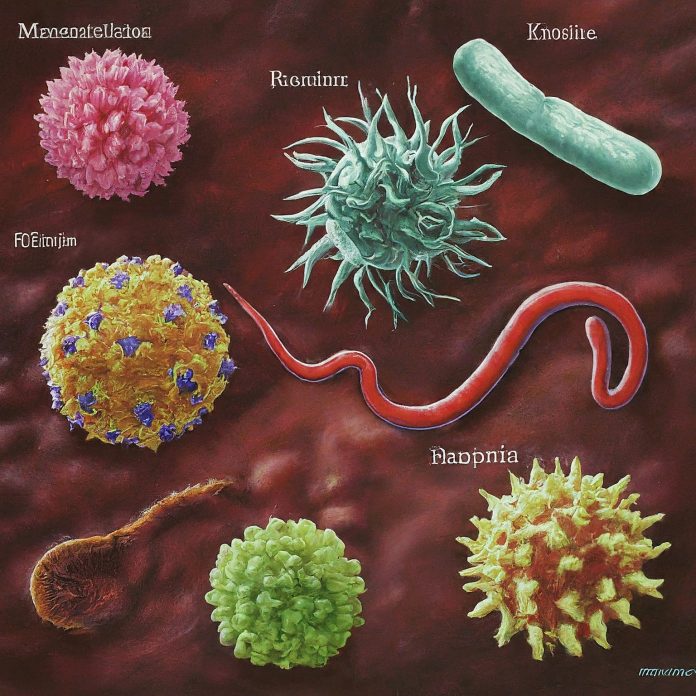Gavi, the Vaccine Alliance on Thursday [today] announced that the lower-income countries it supports can now apply to introduce four additional vaccines: preventive Ebola, human rabies vaccine for post-exposure prophylaxis, multivalent meningococcal conjugate and hepatitis B birth dose.
These four vaccine programmes were previously approved by the Gavi Board but put on hold either due to the COVID-19 pandemic (in the case of human rabies for post-exposure prophylaxis and hepatitis B birth dose); pending availability of suitable products (multivalent meningococcal conjugate); or appropriate policy recommendations (preventive Ebola).
The vaccine portfolio is in line with Gavi’s commitment to ensure lower-income countries have access to impactful vaccines as soon as possible
The latest expansion of Gavi’s vaccine portfolio is in line with Gavi’s commitment to ensure lower-income countries have access to impactful vaccines as soon as possible.
The portfolio will be further expanded in Gavi’s next strategic period, from 2026–2030, which will seek to protect more people, against more diseases, faster than ever before. The continuation of all Gavi-supported programmes after 2025 is contingent upon successful fundraising for the Alliance’s next strategic period.
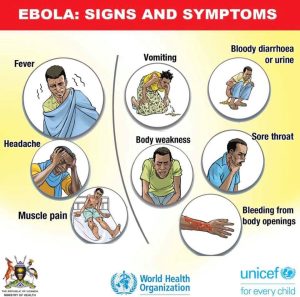 Gavi first committed to supporting Ebola vaccination in 2014, during the deadly 2014-16 West Africa outbreak – thereafter facilitating the use of investigational doses for outbreak response and accelerating the pathway to prequalification and the establishment of a global stockpile, which was launched in 2021.
Gavi first committed to supporting Ebola vaccination in 2014, during the deadly 2014-16 West Africa outbreak – thereafter facilitating the use of investigational doses for outbreak response and accelerating the pathway to prequalification and the establishment of a global stockpile, which was launched in 2021.
In addition to supporting outbreak response from the Gavi-funded global stockpile, Gavi will now make available vaccines for preventive vaccination, and will continue to additionally fund operational costs for vaccination delivery in lower-income countries.
Preventive vaccination will ensure critical frontline professionals are already protected against infections and death before ebola outbreaks begin
The additional support for preventive vaccination of those at highest risk is significant as data increasingly indicates that, in addition to risk of spillover events from infected animals to humans, viral resurgence in survivors of Ebola virus disease can also trigger new outbreaks several years later.
Preventive vaccination will ensure critical frontline professionals are already protected against infections and death before outbreaks begin – saving lives and avoiding the disruption of services in health care facilities – thus decreasing the risk of further spread among communities.
Ebola is a terrible disease that can lay waste to whole communities
“Gavi’s ability as an Alliance to protect health and save lives hinges on its ability to ensure vaccines are accessible, as quickly as possible, to those that need them the most. The new programmes launching today demonstrate the impact of this work,” said Dr. Sania Nishtar, CEO of Gavi, the Vaccine Alliance.
“For example, Ebola is a terrible disease that can lay waste to whole communities. In one decade we have been able to progress from having no approved vaccines during a deadly outbreak, to having a global stockpile that has helped cut down cases and deaths – and now vaccines even used preventively to protect those at highest risk.”
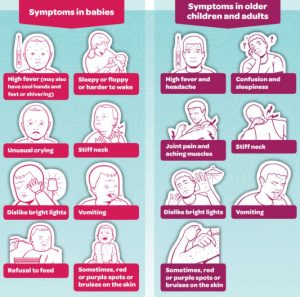
Again, in July 2023, a new multivalent meningococcal conjugate vaccine that protects against the five main serogroups of meningococcal meningitis impacting Africa – meningococcal serogroups A, C, W, Y, and X – received WHO prequalification. It is the only vaccine that protects against serogroup X.
The vaccine, MenFive, is available in the global Gavi-funded stockpile of meningococcal vaccines and has already been used in campaigns aiming to protect over 5 million people in response to meningococcus serogroups C and W outbreaks in Nigeria and Niger.
countries at high-risk can officially roll out this new vaccine through routine programmes and preventive campaigns
With the opening of today’s application window, countries at high-risk can officially roll out this new vaccine through routine programmes and preventive campaigns.
Meningococcal disease causes hearing loss, brain damage, seizures, limb loss or other disabilities and death every year. It is particularly prevalent in sub-Saharan Africa’s “meningitis belt” of 26 countries.
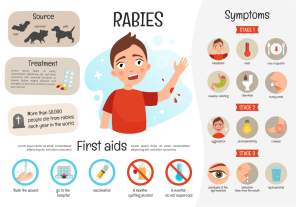 Gavi’s 2018 Vaccine Investment Strategy also identified human rabies vaccines for post exposure prophylaxis (PEP) as a highly impactful vaccine to add to the portfolio.
Gavi’s 2018 Vaccine Investment Strategy also identified human rabies vaccines for post exposure prophylaxis (PEP) as a highly impactful vaccine to add to the portfolio.
With implementation delayed due to the COVID-19 pandemic, Gavi and partners have been working since 2018 to prepare for the launch of the programme, which will support the provision of human rabies for PEP in Gavi supported countries which are rabies endemic.
Rabies is a serious public health problem in more than 150 countries, mainly in Asia and Africa, causing tens of thousands of deaths each year
Rabies is a serious public health problem in more than 150 countries, mainly in Asia and Africa, causing tens of thousands of deaths each year. Children between 5 and 14 years account for almost half of all fatalities.
Once someone is symptomatic after exposure to the rabies virus, the disease is 100% fatal, meaning that vaccination in high-risk areas is critical, especially as access to rabies immunoglobulins is unlikely in most countries.
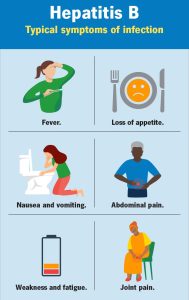 Similarly, Gavi’s 2018 VIS recommended the inclusion of the hepatitis B birth dose vaccine within the Gavi portfolio. Gavi-supported countries already provide routine vaccination against hepatis B through the pentavalent and hexavalent vaccines, which are delivered to children as part of the primary series of vaccinations.
Similarly, Gavi’s 2018 VIS recommended the inclusion of the hepatitis B birth dose vaccine within the Gavi portfolio. Gavi-supported countries already provide routine vaccination against hepatis B through the pentavalent and hexavalent vaccines, which are delivered to children as part of the primary series of vaccinations.
However, increasing evidence has shown that a dose given at birth provides critical additional protection. Hepatitis B kills an estimated 884,000 people a year.
Children can be silent carriers of the Hepatitis B infection that doesn’t become symptomatic until their 40s or 50s, when they discover they have liver failure
Newborn babies are most at risk of hepatitis B and nine out of 10 infected infants will develop chronic hepatitis B, while a quarter develop severe liver disease.
Vaccination is critical, because while the virus can be transmitted in body fluids, many infants become infected in the womb or during delivery when their mother is carrying the virus.
Children can be silent carriers of the infection that doesn’t become symptomatic until their 40s or 50s, when they discover they have liver failure (as the inflammation causes cirrhosis) or liver cancer.

